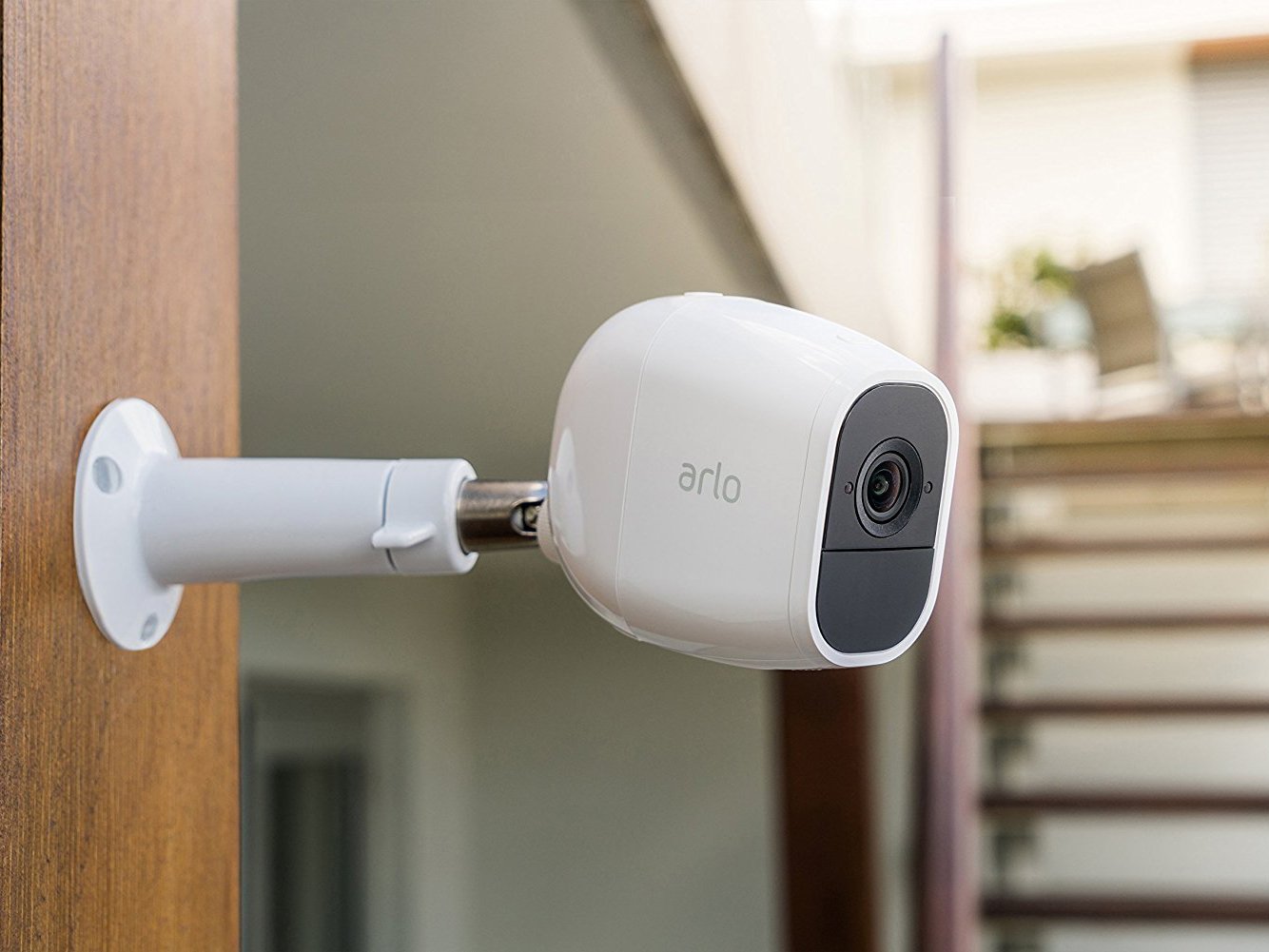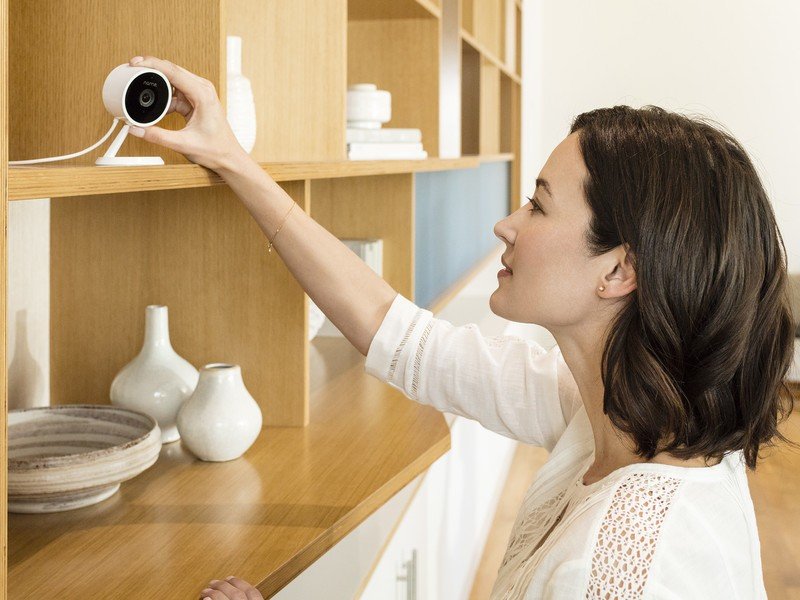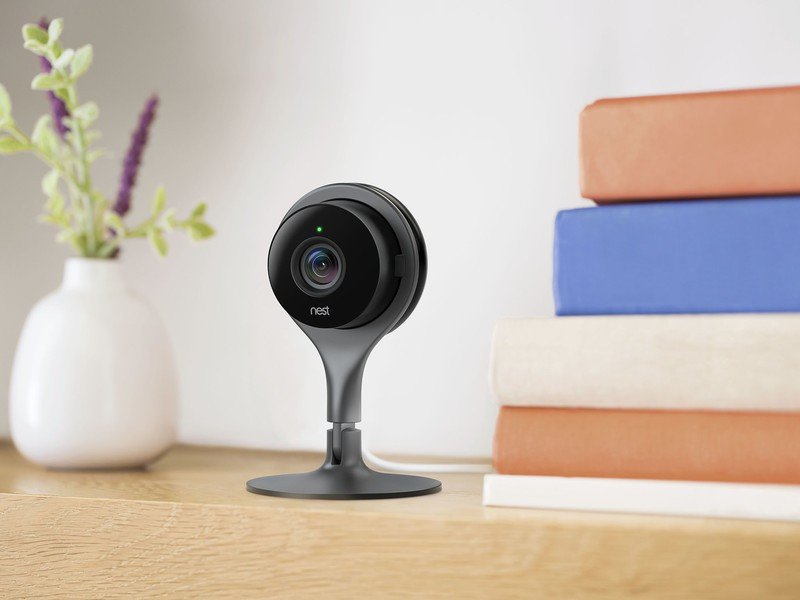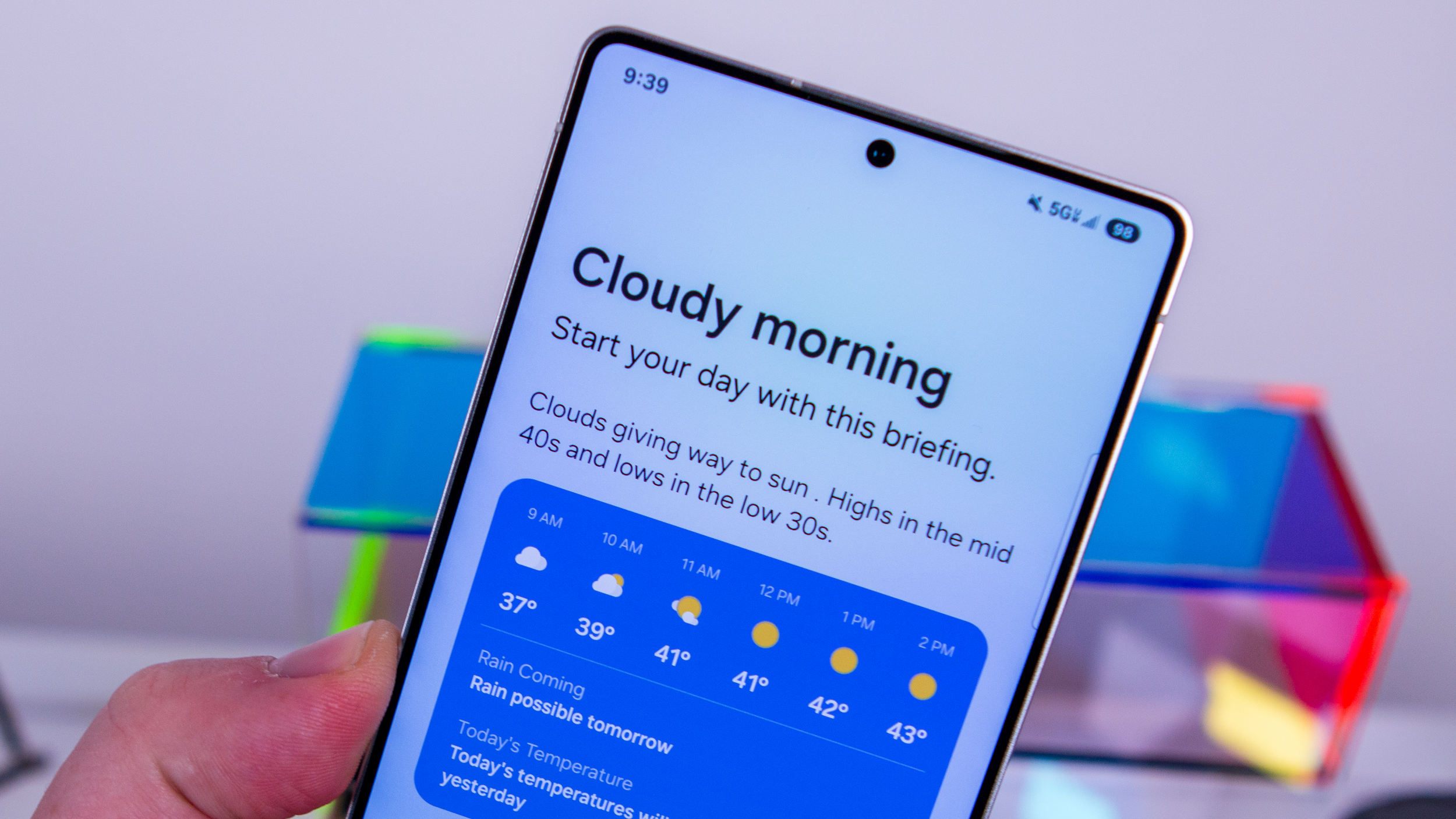Amazon Cloud Cam vs. Nest Cam vs. Arlo: Which connected camera should you buy?

There's hardly a dearth of home security cameras these days. Long gone is the necessity of professional installation — now it's just a matter of figuring out where you want a camera, and connecting an app. Wires? Those are optional these days.
Here's a top-down look at three of the more popular plug-and-play security camera systems: Nest Cam, Amazon Cloud Cam, and Netgear' Arlo. Two of the three have multiple options, and all are relatively simple to set up.
And all three work well individually, and they also can tie into smart home systems, such as Amazon Alexa and Samsung Smart Things.
Let's have a look.
Amazon Cloud Cam ($119)

This is Amazon's first branded camera. And it's a pretty simple camera, at that. It plugs in via Micro-USB and connects to your Wi-Fi via a dedicated Cloud Cam app. It shoots in 1080p, and has a microphone and speaker so you can hear them, and they can hear you.
This has all the basic motion awareness and notifications that you'd expect. No real tricks up its sleeve other than the ability to connect via Alexa to devices like Amazon Fire TV and Echo Show, so you can see what's going on if you're in front of one of those things, and don't have your phone nearby.
It's also one half of the (only somewhat scary) Amazon Key system, which lets Amazon delivery folks unlock your door to leave packages inside, instead of on the stoop.
Be an expert in 5 minutes
Get the latest news from Android Central, your trusted companion in the world of Android
Suffice to say this is just the beginning of this space for Amazon.
Amazon has three levels of cloud recording. Basic runs $6.99 a month (or $69.99 a year) and gives you seven days of storage for up to three cameras. A jump to $9.99 a month (or $99.99 a year gives you 14 days' storage for up to five cameras, and $19.99 a month (or $199.99 a year) gets you 30 days' storage for up to 10 cameras.
By the way: Amazon first and foremost is a company that wants to sell you things. How do you feel about it seeing into your home? Food for thought.
Nest Cam (starts at $199)

Nest — which is owned by Google — now has four cameras in its lineup. The two least expensive models are the Nest Cam Indoor, and Nest Cam Outdoor, and both run $199 and pretty much do the same 1080p stuff that Amazon's camera does. (Nest's app has continuously been one of the more enjoyable ones to use, for what that's worth.)
The upgraded models are the Nest Cam IQ ($299) and Nest Cam IQ Outdoor ($349). They increase the total resolution to 4K (though it outputs at 1080p to make zooming in better) and have more smarts baked into them, with the ability to identify (or not) individual faces if you also subscribe to Nest Aware.
Nest Aware has a couple pricing tiers. For $10 a month (or $100 a year) you get 10-day video recording, smarter alerts, the ability to save clips and time-lapse shots, and customizable activity zones. The "extended" plan gives you 30 days' history for $30 a month, or $300 a year.
Arlo (starts at $171)
Arlo springs forth from networking company Netgear (there's a good chance you have one their routers), and it's a pretty full-fledged security system, with a bunch of options for cameras.
On the wired side, the Arlo Q is the least expensive at $171. It's a basic 1080p camera with speaker and mic and it plugs into the wall for power, and connects straight to the Internet.
Arlo ($199 for two cameras), Arlo Pro ($199 for one camera and base station) and Arlo Pro 2 are fully wireless, with rechargeable batteries. Each comes with a base station to connect to the Internet. Arlo and Arlo Pro do 720p video, and Arlo Pro 2 does 1080p. The two Arlo Pro models also have sirens in the base station.
Arlo cameras give you seven days of cloud recording for up to five cameras for free. (That's tough to beat right there, though support is limited and only available for five months.) For $9.99 a month (or $99.99 a year) you get 30 days' recording for up to 10 cameras plus unlimited support. And for $14.99 a month (or $149.99 a year) you get 60 days' recording for up to 15 cameras, plus the unlimited support.
That's not a bad deal at all.

